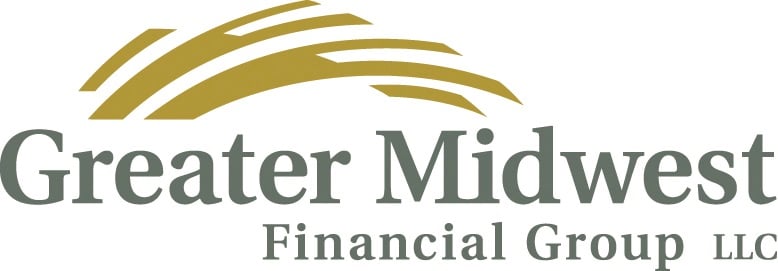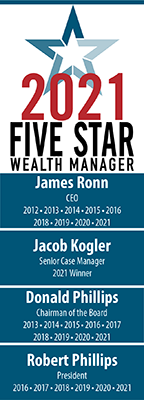
In an ultra-competitive job market, potential employees look for businesses that offer more than an income; they look for companies that can provide the benefits they want. A comprehensive benefits package can be just as crucial to a potential employee as the paycheck. However, it can be challenging for small business owners to find economical options that are attractive to both the employer and employee.
If you’re a small business owner looking to offer retirement plans to your employees, here’s what you need to know about your options.
Retirement Plan Options for Small Business Owners
1. Traditional 401(k)
A 401(k) is the most common retirement plan option – popular with employers and employees alike. There are many plan providers to choose from, including some that specialize in small businesses.
What to know about this plan:
- Employee participation is optional, and employer matching/contributions are also optional.
- Typically, employees make pre-tax contributions through salary deferrals (traditional). However, a Roth 401(k) plan allows employees to make after-tax contributions.
- There is usually a cost per employee, setup, and monthly employer fees.
- There are contribution limits for these plans, both on the employee and employer sides. The limits can change from year to year.
- You must undergo nondiscrimination testing and meet 401(k) compliance standards.
Choose this option if you are an established small business anticipating future growth.
Although a 401(k) can be expensive to set up, it is very appealing for employees. The flexibility offered in contribution and matching makes it easy to customize to your business needs. However, this plan is not ideal for new businesses or businesses where revenue fluctuates significantly yearly.
2. SIMPLE IRA
A Savings Incentive Match Plan for Employees (SIMPLE) IRA is a popular retirement plan option for small businesses. It allows employees to contribute more toward their retirement than creating an individual IRA account, but it’s typically lower cost to employers than a 401(k).
What to know about this plan:
- Employers must contribute to this plan, but the requirements are minimal (typically 2-3% matching).
- The setup fees for this plan are much lower (or can be avoided altogether). Providers may charge a monthly fee for maintenance.
- There are contribution limits for these plans, both on the employee and employer sides. The limits can change from year to year. For employers, these are also much, much lower than typical 401(k) contribution limits. However, they are higher for employees.
- Employees contribute to the account through elective deferrals.
Choose this option if you are an established small business but can’t afford the higher cost and contribution amounts of a 401(k).
A SIMPLE IRA allows employees to contribute more money toward their accounts with less expense to the employer than a traditional 401(k). This option is still appealing to employees and is attractive for businesses who want to offer a retirement plan but aren’t quite ready for the cost of a 401(k) OR whose employees want to contribute more money toward their retirement.
3. SEP IRA
A Simplified Employee Pension, or SEP IRA, is employers' most inexpensive retirement plan option. It does not allow employees to contribute but still offers some retirement funding.
What to know about this plan:
- Typically, there are no setup fees and a low monthly fee for maintenance from providers.
- Only employers can contribute to accounts.
- Employers don’t have to contribute each year and can change the contribution amount each year.
- All contributions are vested (meaning the employee owns 100% of that money once it’s in the account).
- There are contribution limits, but they are relatively high.
Choose this option if you need something low-cost or your yearly revenue fluctuates.
A SEP IRA is a fantastic way to offer retirement benefits without the higher employer cost of other options. The flexibility of contributions works well for new businesses or those with fluctuating revenue from year to year. Employers can halt contributions during low-revenue years and then increase them during high-revenue years.
These are the best retirement plan options for small business owners, but the question of which plan is best for your business is one that’s harder to answer. Typically, you’ll need to work with an expert specializing in benefits planning for small businesses to identify the ideal plan type and help you choose the right provider.
⇾ Read Now: How to Find Small Business Benefit Planning Services in MN
Retirement and Benefits Planning Services with Greater Midwest Financial Group
Planning for Business Owners/Executives
For business owners, benefits planning requires additional considerations and paperwork.
Work with an advisor and get answers to your biggest executive benefit questions:
- What stock options are available to me, and what are their tax consequences?
- Should I use my deferred compensation plan? How much of my compensation should I defer?
- How do insurance and fringe benefits impact my need for other insurance outside my company?
- How can I best navigate tax and planning issues?
Benefits Planning for Individuals
We also offer advice for your employees. They can receive support with choosing these benefits and more:
- Health insurance
- Life insurance
- 401K/403b
- Stock options
- Deferred compensation
- Long-Term Disability Insurance
- Employee Stock Purchase Plan (ESPP)
- Health Savings Account (HSA)
- Flexible Savings Account (FSA)
 Download Now: How to Create an Economical Employee Benefits Plan
Download Now: How to Create an Economical Employee Benefits Plan
Financial Strategies for Dental Professionals
Creating a benefits package is a challenge for many dental practices.
This guide breaks down the most popular options for benefits packages and some case study examples Greater Midwest Financial Group has handled for dental practices in the Midwest.
Greater Midwest Financial Group is a financial advisor firm serving St. Paul, Minneapolis and the wider Twin Cities area. We specialize in wealth management, retirement planning, asset management and other personal finance needs.
Photo by krakenimages on Unsplash




